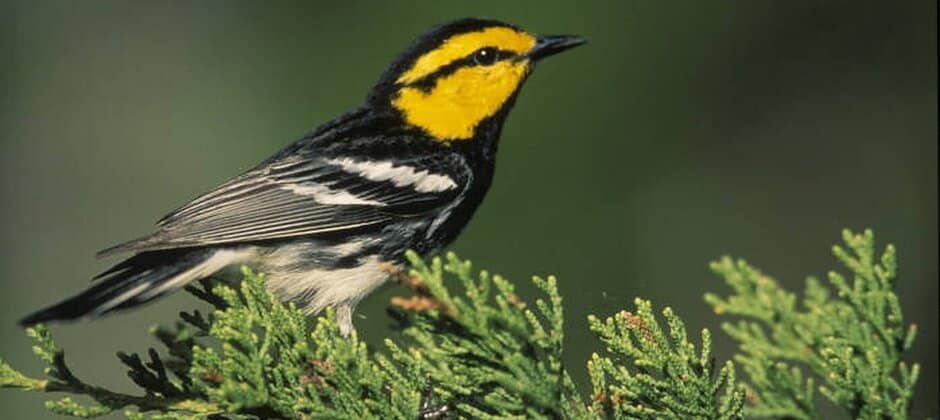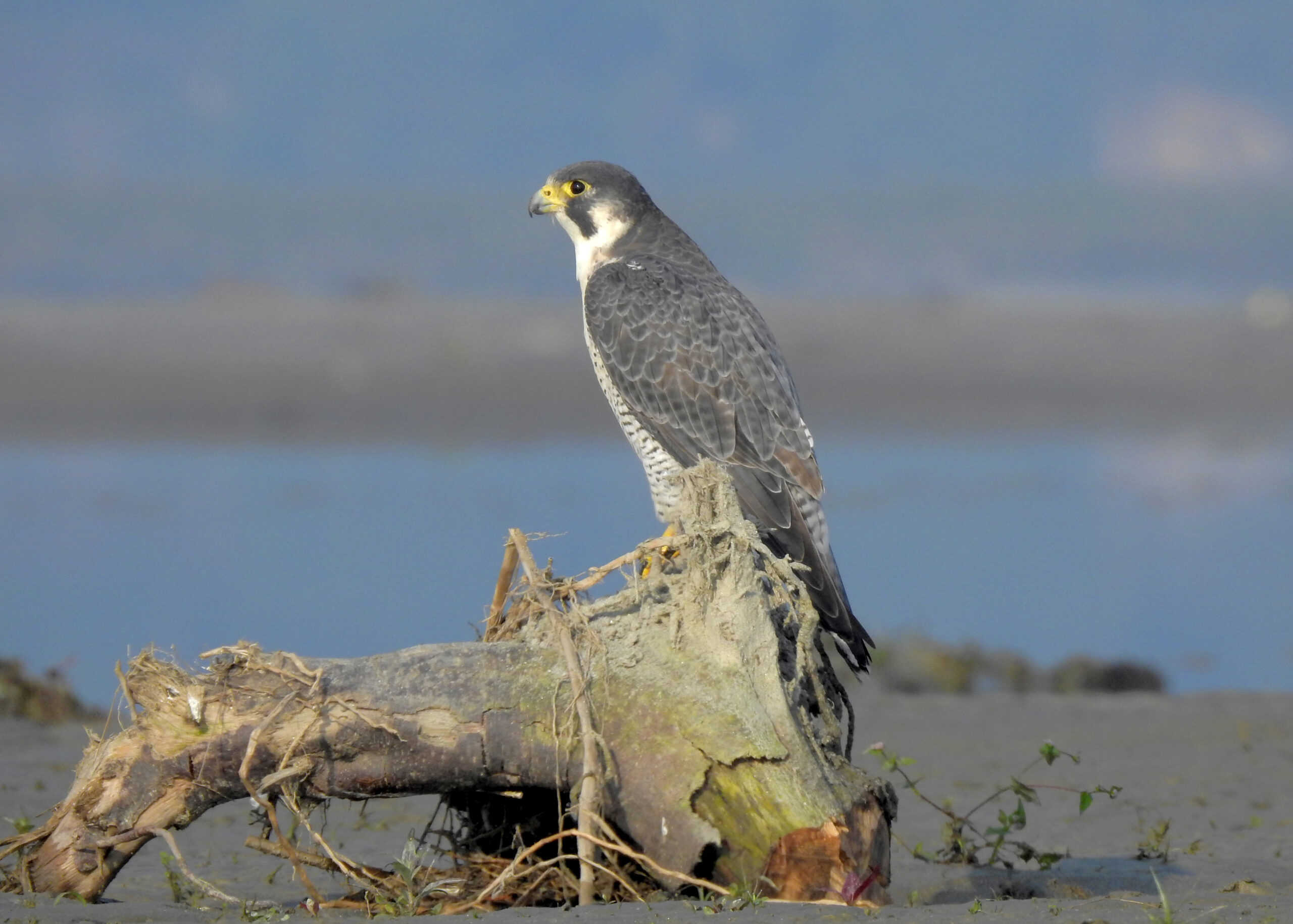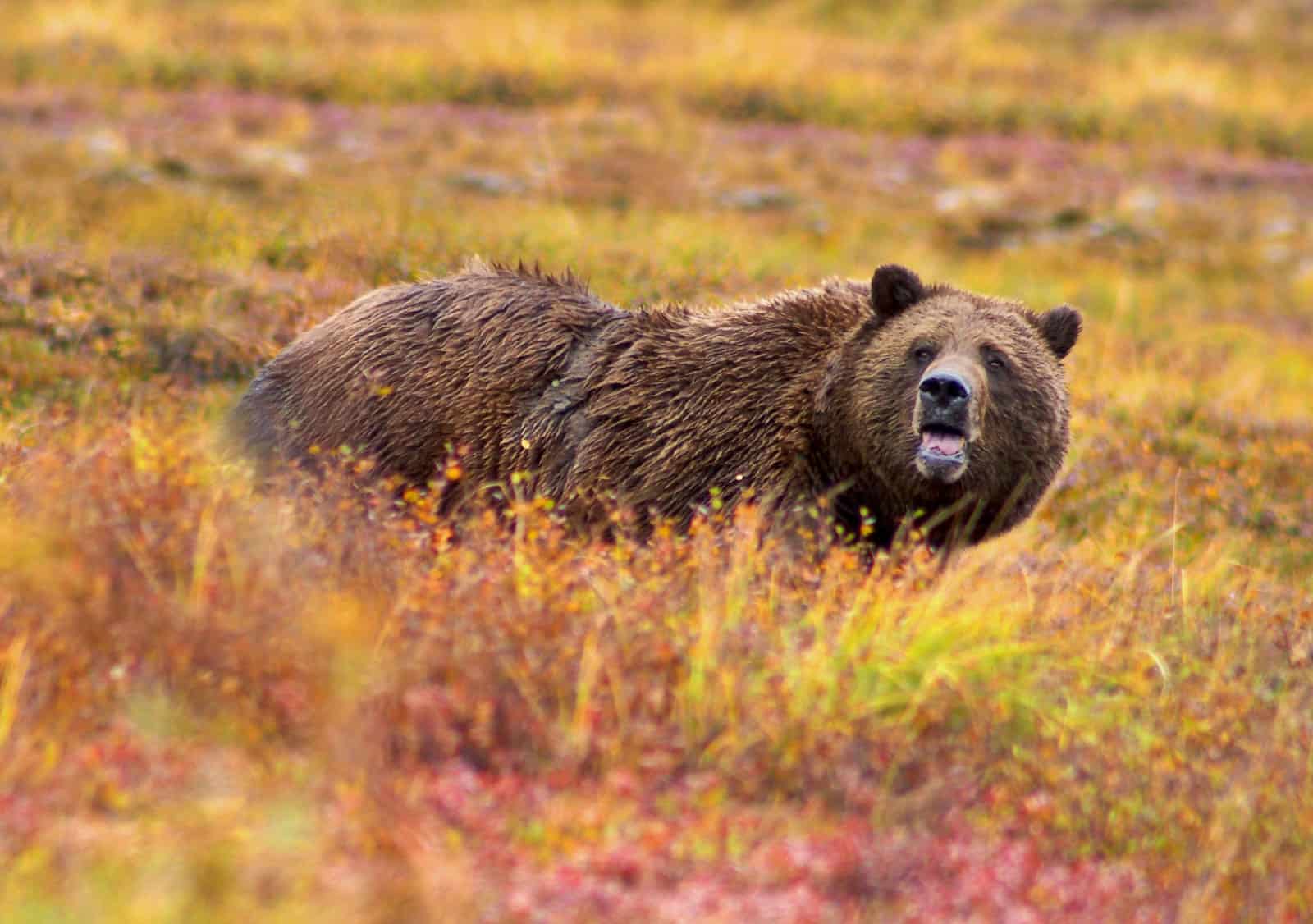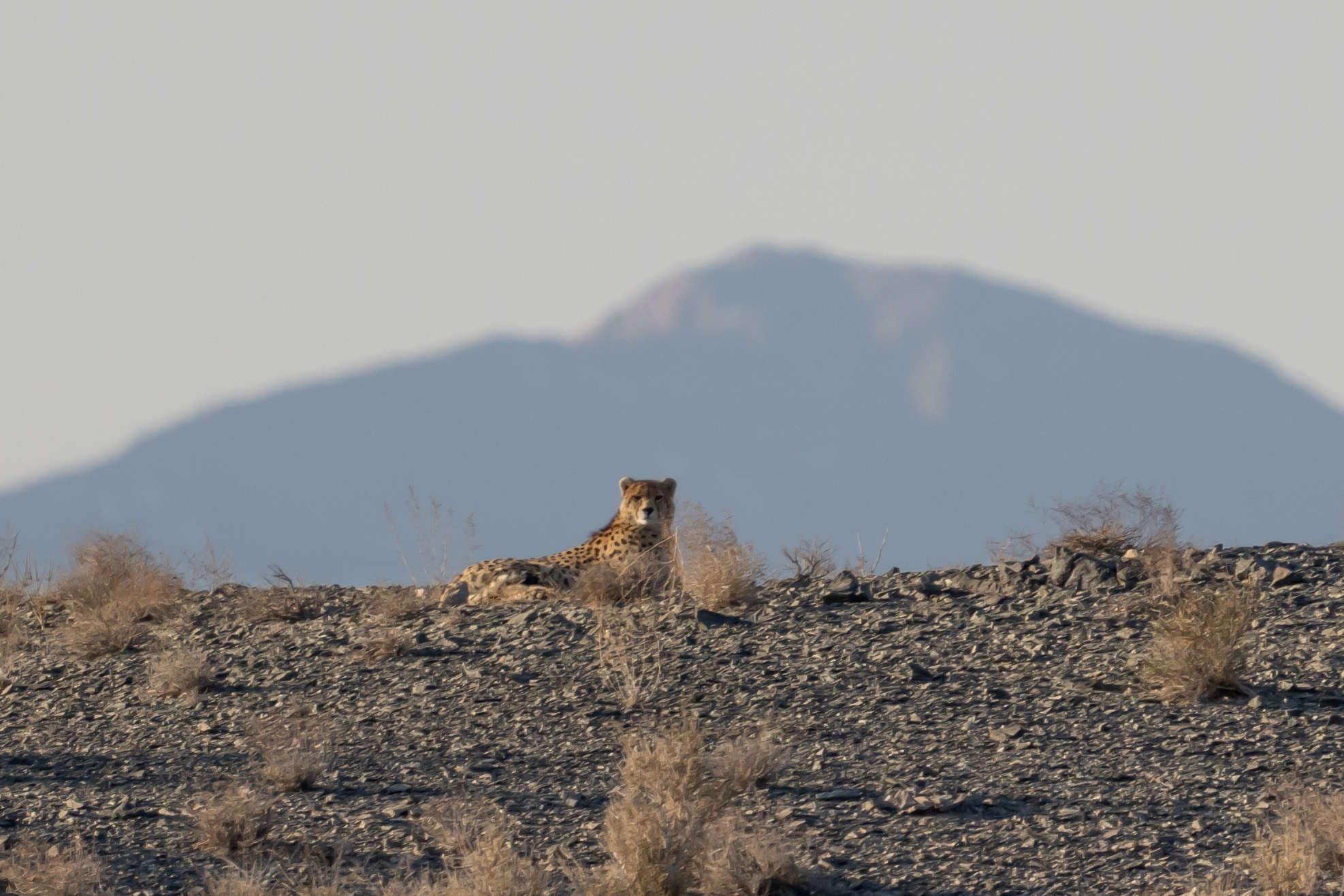Share this article
USFWS announces $27 million in grants for neotropical migrants
Through the Neotropical Migratory Bird Conservation Act, 30 collaborative conservation projects in 23 countries across the Americas will receive more than $27 million in federal grants and matching funds.
The U.S. Fish and Wildlife Service announced the grants last week. “These grants from the Neotropical Migratory Bird Conservation Act will provide necessary funding for wildlife professionals across the Americas to conserve migratory birds and their habitat,” said Caroline Murphy, AWB®, government relations manager at The Wildlife Society. “This important source of funding ensures science-based management and conservation of these species extends to landscapes far beyond U.S. borders. We strongly support the NMBCA and urge Congress to increase appropriations for the program.”
NMBCA grants provide funding for bird conservation and research throughout the Western Hemisphere. This year’s grants include more than $4.8 million in federal funds that will be matched by more than $22.5 million in partner contributions.
At least 75% of NMBCA funding goes to projects in Latin American and the Caribbean to help prevent further loss of migratory bird habitats and other threats to the species there. This year’s projects include conserving golden-cheeked warbler (Setophaga chrysoparia) wintering grounds, building local capacity to conserve and manage key wintering habitat for shorebirds in Suriname, and developing a consensus-based business plan to develop strategies to address macro threats, solutions and needs for bird conservation for four northwestern provinces of Ecuador.
Since its inception in 2002, grants through the NMBCA have supported 658 projects in 36 countries with $80 million in federal funds and $310 in matching funds. In Fiscal Year 2021, the NMBCA received $4.9 million in funding. The Wildlife Society is advocating for an increase for this important program, to at least $6.5 million in FY 2022.
Header Image: The golden-cheeked warbler is one of many neotropical migratory bird species that will benefit from the recently announced grants from USFWS. Credit: Steve Maslowski/USFWS








